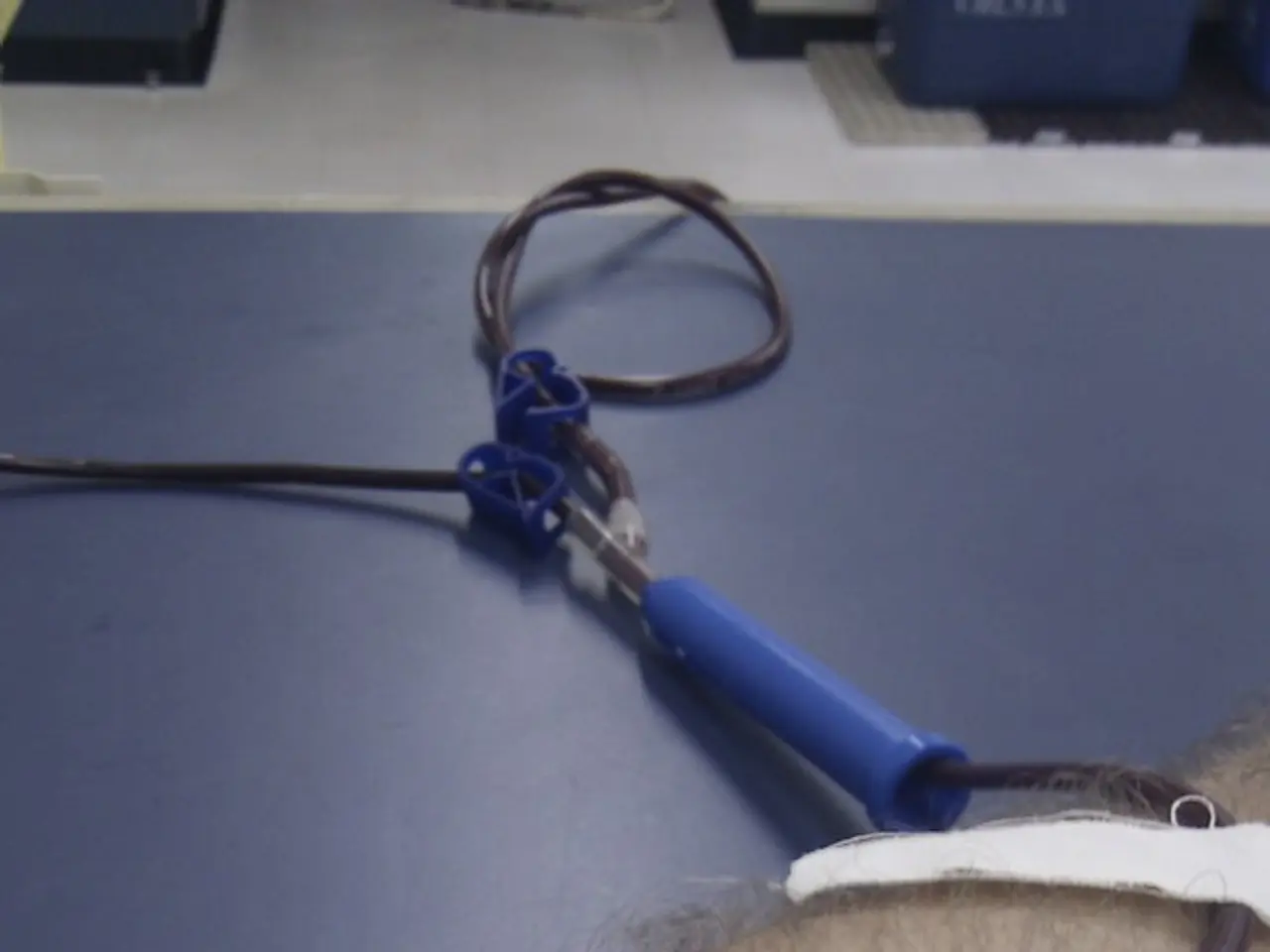Japan Offers $7 Million in Aid for Individuals Affected by Nuclear Tests in Semipalatinsk
New Stroke Center to Open at Semei Medical University, Backed by Japanese Grant
Semei Medical University is set to establish a stroke center at its hospital, thanks to a grant of nearly $7.4 million from the Japanese government. The funding will be used to purchase modern medical equipment, including MRI and CT scanners, artificial blood circulation machines, and an operating microscope.
According to Altai Dyussupov, rector of Semei Medical University, the new equipment will support free, high-quality care for residents affected by radiation. The university hospital will be at the forefront of providing specialized help to those in need, particularly in the region where nearly 1,000 people seek specialized help annually due to radiation-related issues.
The stroke center, while details about its specific services remain unspecified, is expected to be operational by the end of 2026. Marat Kurmanbayev, chairman of the NGO Polygon-21 Committee, confirmed that negotiations are ongoing for the purchase of the equipment.
Cardiovascular diseases have been identified as a significant issue in the region, with data suggesting a link between these diseases and received doses of radiation. Dyussupov also mentioned that there is evidence connecting musculoskeletal diseases to radiation exposure.
The Semipalatinsk test site, while the exact number and dates of tests are not specified, is the location of past nuclear tests. The grant aims to support victims of these tests in the region, where the total number of those affected is estimated at hundreds of thousands.
The timeline for the completion of negotiations and the purchasing process was not specified. Once the necessary documents are prepared, the equipment will be purchased, marking a significant step forward in the provision of advanced medical care for those in need.
[1] This information was reported by Khabar TV channel on Aug. 14.






